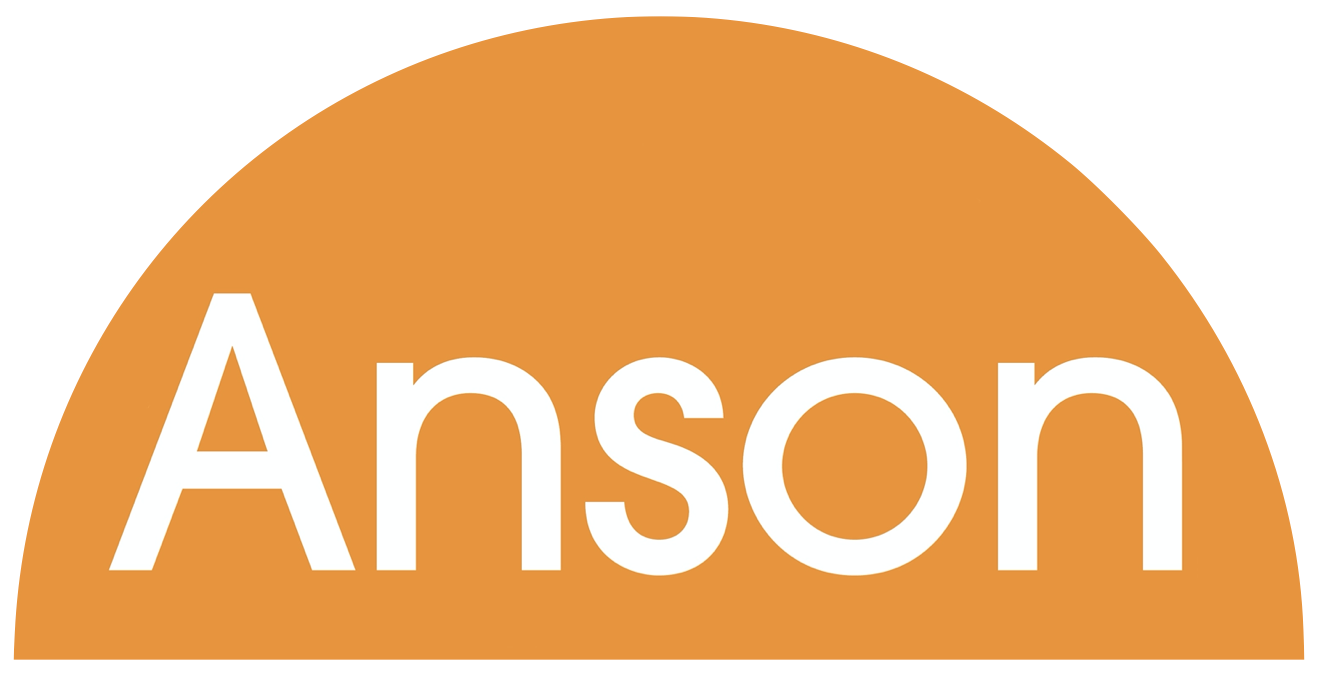Equalities Statement
Anson Primary School is committed to equality both as an employer and a service-provider:
- We ensure that everyone is treated fairly and with respect.
- We make sure that our school is a safe, secure and stimulating place for everyone.
- We recognise that people have different needs and we understand that treating people equally does not always involve treating them all exactly the same.
- We recognise that for some pupils extra support is needed to help them to achieve and be successful.
- We deliver a broad and balanced curriculum, which is always modified to suit the needs of all our pupils
- We ensure that reasonable adjustments are made to accommodate pupils and staff with additional needs
- We make sure that people from different groups are consulted and involved in our decisions, for example, through talking to pupils and parents/carers and through our School Council.
- We aim to make sure that no-one experiences harassment, less favourable treatment or discrimination because of their age, any disability they may have, their ethnicity, colour or national origin, their gender, their gender identity or reassignment, their marital or civil partnership status, being pregnant or having recently had a baby, their religion or beliefs, their sexual identity and orientation.
- We observe good equalities practice in staff recruitment and development
- We aim to enhance a wider sense of community both locally and beyond
- We provide a range of equipment for our pupils, which include practical resources to support the learning needs of the children.
- We provide intervention plans ensuring every child receives the support and input they require to make good progress.
- We work in partnership with pupils, parents, teachers, carers and other professionals, valuing the contribution that each makes to learning.
- The continuing professional development of all staff is encouraged, to meet the varied and changing needs of all our pupils.
- Off-site activities, including residential trips, are risk-assessed to ascertain their suitability for our population - a child would never be disadvantaged by being left behind at school or left out of a particular activity because it was deemed unsuitable.
We are committed to narrow gaps in achievement which affect, amongst others:
- pupils from certain cultural and ethnic backgrounds
- pupils who belong to low-income households and pupils known to be eligible for free school meals
- pupils who are disabled
- pupils who have special educational needs
- boys in certain subjects and girls in certain other subjects.
We welcome our general duty under the Equality Act 2010 to eliminate discrimination, to advance equality of opportunity and to foster good relations, and our specific duties to publish information every year about our school population; to explain how we have due regard for equality; and to publish equality objectives which show how we plan to tackle particular inequalities, and reduce or remove them.
We also welcome our duty under the Education and Inspections Act 2006 to promote community cohesion.
We welcome the emphasis in the Ofsted inspection framework on the importance of narrowing gaps in achievement which affect, amongst others:
- pupils from certain cultural and ethnic backgrounds
- pupils who belong to low-income households and pupils known to be eligible for free school meals
- pupils who are disabled
- pupils who have special educational needs
- boys in certain subjects, and girls in certain other subjects.
The Equality Act 2010 requires us to publish information that demonstrates that we have due regard for the need to:
- Eliminate unlawful discrimination, harassment, victimisation and any other conduct prohibited by the Equality Act 2010
- Advance equality of opportunity between people who share a protected characteristic and people who do not share it
- Foster good relations between people who share a protected characteristic and people who do not share it.
